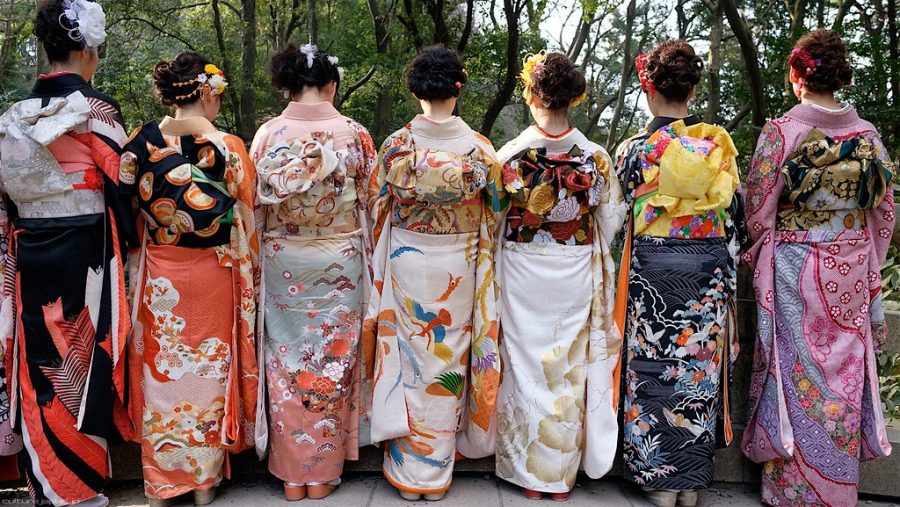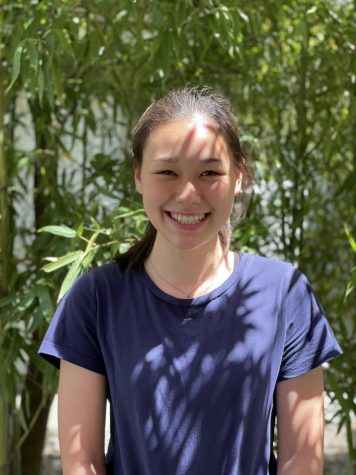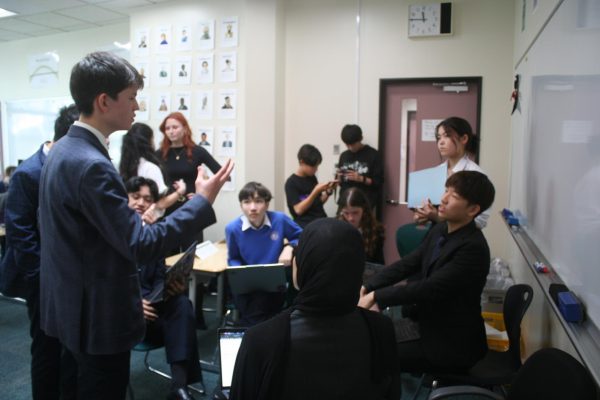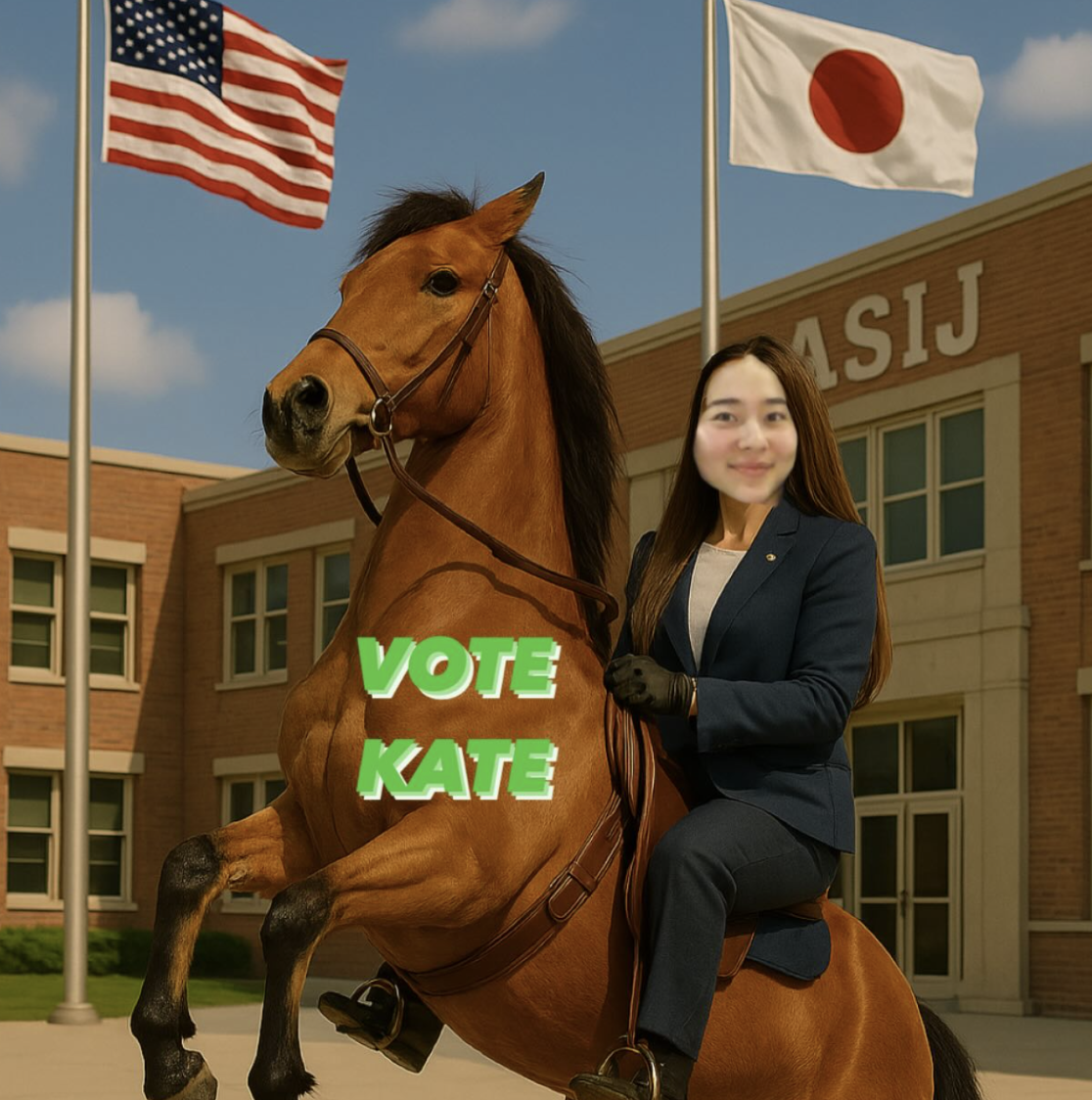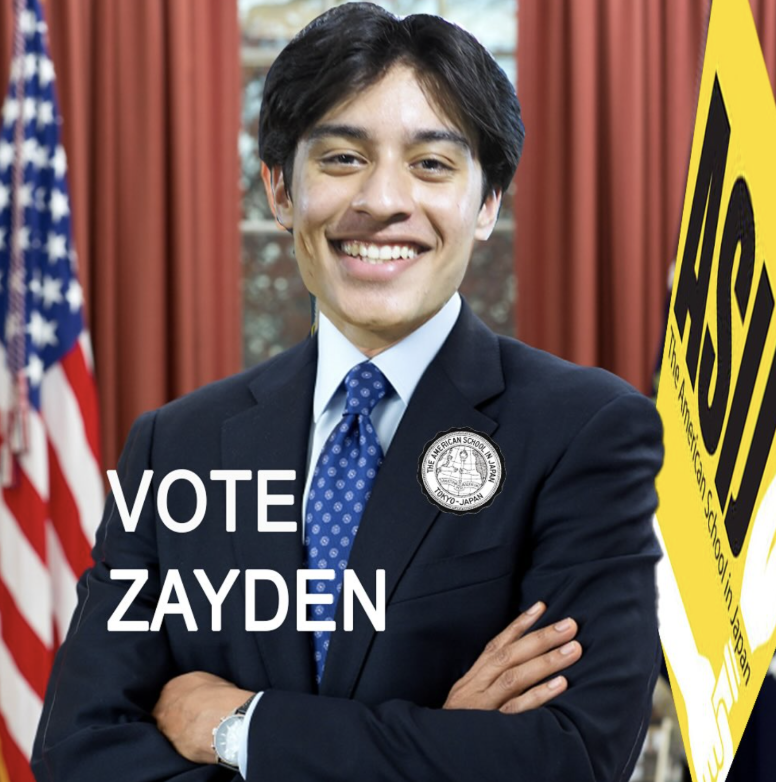Coming of Age in Pandemic Times
February 3, 2021
The second Monday of every January is a day of celebration in Japan. It is Seijin-no-Hi, or Coming of Age Day (seijin 成人 meaning adult, and hi 日 meaning day). This public holiday celebrates those who have turned 20 in the previous year or will soon be turning 20. It is a day of honoring the youth and encouraging the country’s newest adults to look forward to their futures. But, unsurprisingly and just like everything else going on in the world, the 2021 ceremonies looked quite different from those in previous years.
This tradition is said to date back all the way to the year 714, when a young prince marked the start of his adult life with a new hairstyle and robes. It became an official holiday in 1948 after many prefectures and municipalities began holding special events to give hope to younger generations after World War 2. Each year, various ceremonies called seijinshiki are held all over Japan in city halls, local city offices, school gyms, and even some shrines. This year, on January 11, Japan celebrated the coming of age of 1,240,000 new adults. While this once-in-a-lifetime occasion normally would have been celebrated by all-night parties and reunions, COVID-19 has certainly changed the experience.
One prefecture, Yokohama, decided to go fully online for the Seijin-no-hi ceremonies. Many young adults expressed their disappointment with the decision on social media. One 19-year old woman posted the following Tweet: “If [adults] could have shown a little more restraint, we could have had our coming-of-age ceremony without the spread of infection. Why can’t adults have that kind of self-control?”
Unfortunately, these 19- and 20-year-olds were not the only ones who were upset. Seijinshiki is one of the biggest money-makers for rental kimono businesses, so they were just as appalled by the news. According to the Japan Times, some kimono rental companies had been able to come up with flexible offers and deals. For example, a nation-wide chain that offers kimono rentals called Wedding Box, offered refunds under a type of rental plan called Furisode Mode. For customers whose seijinshiki had been cancelled by the local government, they were able get a 100% refund if they have not yet worn the kimono.
On a more positive note, young adults in Sapporo, Hokkaido were able to look to the future and create a virtual Coming of Age Day ceremony in response to the cancellation of face-to-face celebrations. Kohei Miyagawa, the organizer of this event and a new adult himself, successfully created a virtual world for his fellow young adults to celebrate Seijin-no-Hi. A few days prior to the launch of the virtual celebration, he said that he is looking forward to sharing this new approach with everyone. “What’s interesting about the virtual world,” he said, “is that you can connect with anyone in the world even though you are at home.”
Although this year’s bittersweet celebrations were covered in masks and social-distancing reminders, this was a Seijin-no-Hi that no young adult will ever forget. Let us hope that next year, we will have a different story to tell.

